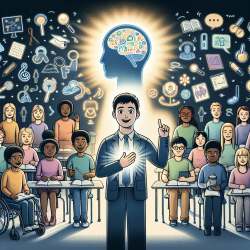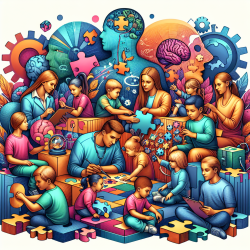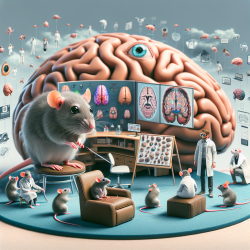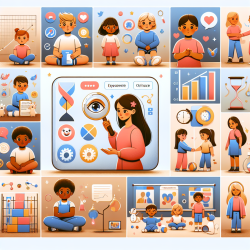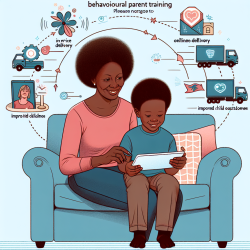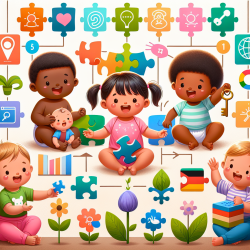Communication skills are fundamental to a student's academic success and overall well-being. This is particularly true for students with language-learning disabilities, who often face significant challenges in navigating the educational system. The research article "Communication Skills and Classroom Success: Language-Learning Disabled Students" provides valuable insights and strategies that can be instrumental for educators, speech-language pathologists, and special education directors in supporting these students effectively.
Understanding the unique needs of language-learning disabled students is the first step toward facilitating their success. These students often struggle with the basic communication skills and strategies required to engage fully in classroom activities, interact with peers, and grasp academic content. As practitioners, our goal should be to implement evidence-based strategies that can bridge this gap and enhance their communication competencies.
Key Strategies for Supporting Language-Learning Disabled Students
- Creating a Supportive Learning Environment: It is crucial to create a classroom atmosphere that encourages participation and reduces anxiety for students with communication challenges. This involves using clear, concise instructions, providing visual aids, and allowing extra time for processing information.
- Enhancing Listening Skills: Teachers can help students improve their listening skills by teaching them to monitor their understanding and ask for clarification when needed. Strategies such as repeating instructions, using gestures, and summarizing key points can be very helpful.
- Developing Speaking Skills: Encouraging students to express their ideas and participate in discussions can significantly enhance their speaking skills. Role-playing, group projects, and structured debates are effective ways to promote active participation.
- Improving Reading and Writing Abilities: Tailored interventions that focus on phonemic awareness, vocabulary development, and reading comprehension can support students with language-learning disabilities. Incorporating technology, such as speech-to-text software, can also be beneficial.
- Utilizing Technology: Tools like the Speech Viewer system can offer visual and auditory feedback on speech production, making abstract speech concepts more concrete and understandable for students. Such technology can be particularly engaging for young learners and motivate them to practice speech parameters more frequently.
- Collaboration with Speech-Language Pathologists: Regular collaboration between educators and speech-language pathologists can ensure that students receive consistent support across all settings. This interdisciplinary approach can help in tailoring interventions to meet the specific needs of each student.
It is also important to engage parents and caregivers in the intervention process. Providing them with strategies to support communication development at home can reinforce learning and foster a more inclusive environment for the student.
Encouraging Further Research and Professional Development
While the strategies mentioned above provide a foundation for supporting language-learning disabled students, it is essential for practitioners to engage in ongoing professional development and research. New methodologies and technologies are continually emerging, offering innovative ways to support these students. Participating in conferences, workshops, and webinars can keep educators and therapists abreast of the latest research and best practices in the field.
Networking with peers and sharing experiences can also lead to the discovery of new strategies and approaches that have been effective in diverse settings. Collaboration and knowledge exchange are key to advancing our understanding and ability to support students with communication challenges.
In conclusion, enhancing communication skills in language-learning disabled students is a multifaceted process that requires a comprehensive, evidence-based approach. By implementing the strategies outlined in the research and engaging in continuous learning and collaboration, educators and speech-language pathologists can make a significant impact on the success of these students in the classroom and beyond.
To read the original research paper, please follow this link: Communication Skills and Classroom Success: Language-Learning Disabled Students.
